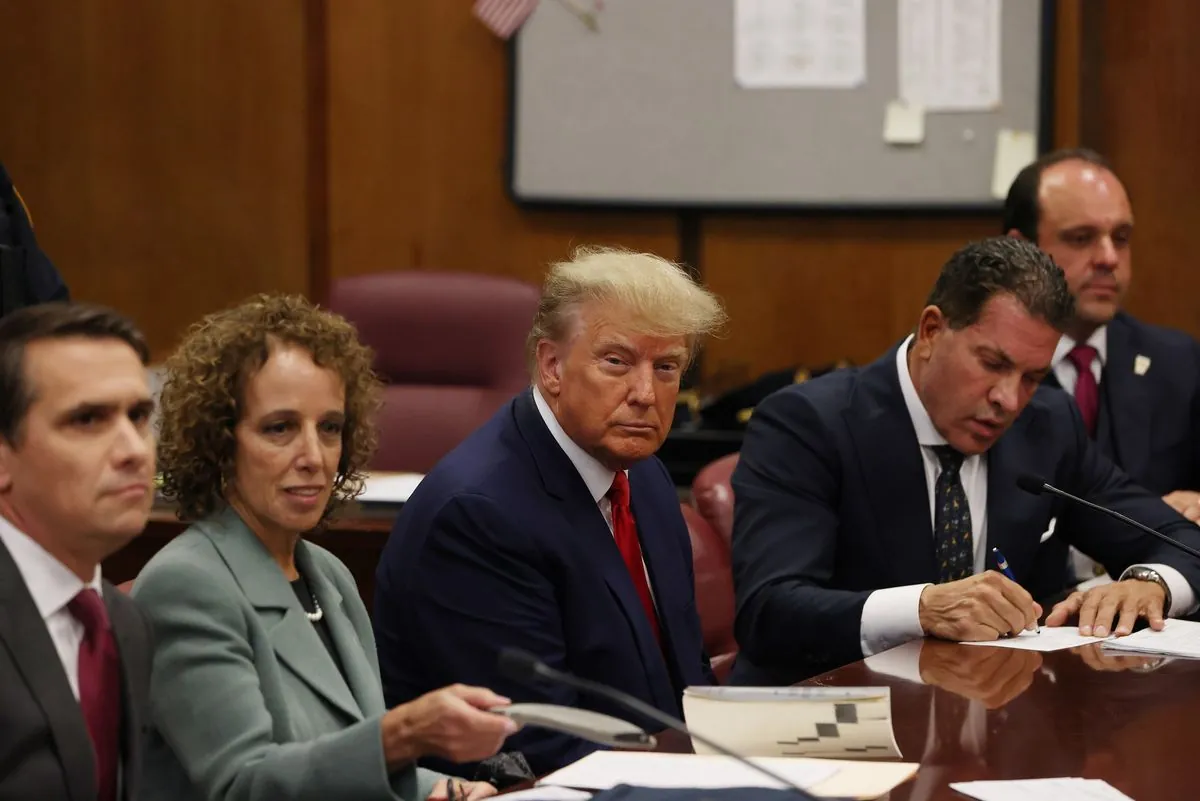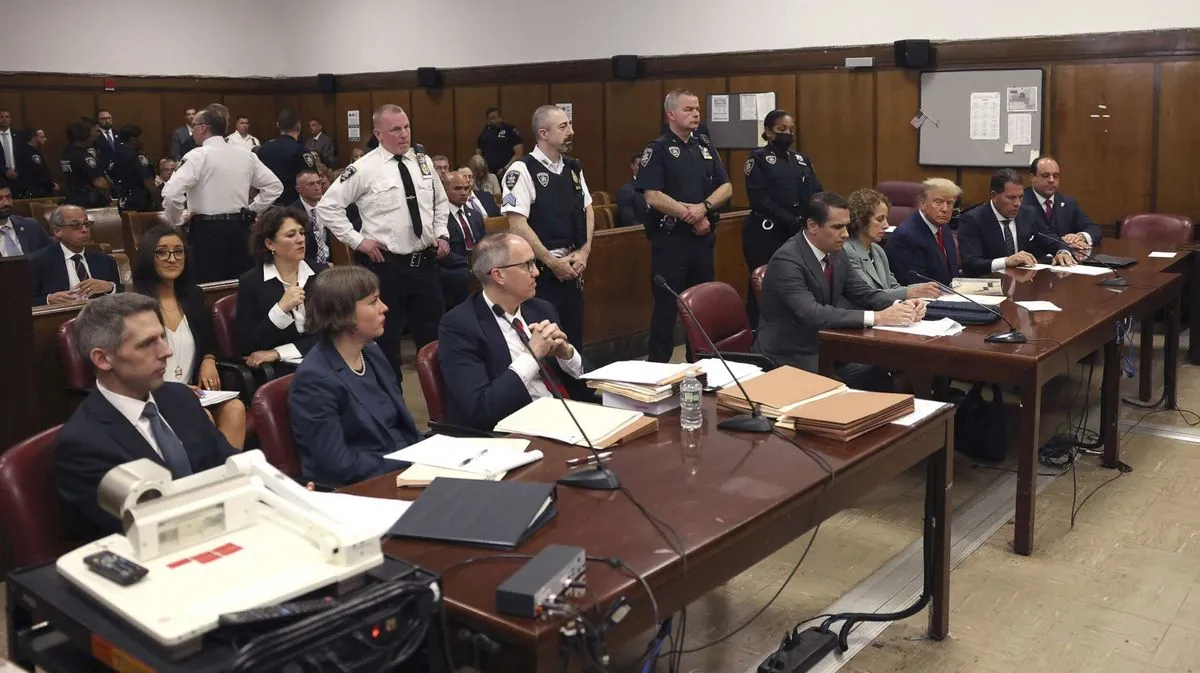Trump's Legal Team Seeks Delay in Classified Documents Appeal Response
Former President Trump's lawyers request a 30-day extension to respond to the government's appeal in the classified documents case, potentially pushing the ruling beyond Inauguration Day.

Donald Trump's legal representatives have submitted a request for a 30-day extension to respond to the government's appeal regarding the dismissal of his classified documents case. This development could potentially delay a ruling on the reinstatement of the indictment until after Inauguration Day.
The former president's request for an extension is likely to be approved. Special counsel Jack Smith has not opposed the motion, and the U.S. Court of Appeals for the 11th Circuit in Atlanta, where the appeal was filed, generally approves first-time requests for 30-day extensions.

Trump's legal team cited conflicting deadlines related to his separate federal election interference case in Washington, D.C. as the reason for their request. They have asked to move the 11th Circuit deadline from September 25, 2024, to October 25, 2024.
"President Trump and his counsel are presently engaged in motion practice in a separate case brought by the special counsel in the District of Columbia, United States v. Trump, which will require counsel to spend time in a sensitive compartmented information facility ("SCIF") in Washington, D.C. in the coming weeks to meet that court's briefing schedule."
The appeal stems from U.S. District Judge Aileen M. Cannon's ruling in July 2024, which dismissed the entire 40-count indictment against Trump on the grounds that Smith was unlawfully appointed as special counsel. This decision was widely regarded as surprising and controversial within legal circles.
The 11th Circuit Court of Appeals, established on October 1, 1981, has jurisdiction over federal cases originating in Alabama, Florida, and Georgia. Known for its conservative leanings, the court consists of 12 active judges and several senior judges, all appointed by the President and confirmed by the Senate.
If the extension is granted, it could push the timeline for a decision beyond January 20, 2025 - Inauguration Day. Typically, the appeals process can take six months or more from filing to decision. The outcome of the 2024 presidential election could significantly impact the case's trajectory.
Should Trump win the election, he might direct his Justice Department to drop the appeal, leaving the question of Smith's appointment's constitutionality unresolved in the 11th Circuit. Conversely, if Trump loses, the appeals process would likely continue, with the possibility of the issue ultimately reaching the Supreme Court.
It's worth noting that the 11th Circuit has previously overturned Judge Cannon's decisions related to this case. The court reversed her ruling that imposed an outside legal expert to review evidence and her decision regarding document access during the review process.
The 11th Circuit is known for its efficiency in case resolution, utilizing a system of rotating three-judge panels to hear most cases. En banc hearings, involving all active judges, are reserved for significant cases. As one of the fastest federal appeals courts, its involvement in this high-profile case adds another layer of interest to an already complex legal situation.


































